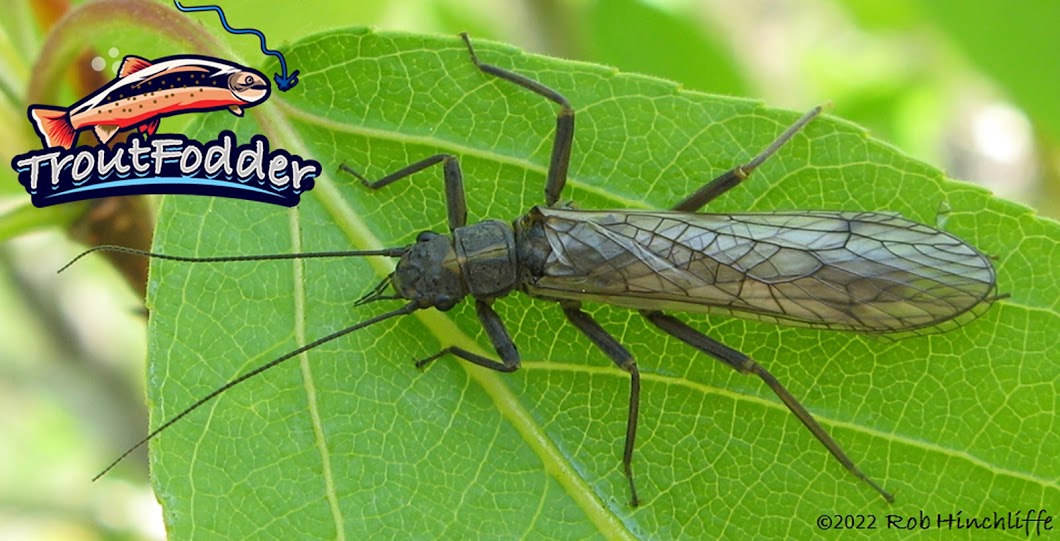As you make your final preparations for the summer trout season, one thing to consider is to make sure you have enough flies to imitate all of the life stages for the hatches you are most likely to encounter. As trout feeding behavior progresses from pre-hatch to early hatch to late hatch, or as weather conditions change, fish will key in on different phases in the life-cycle. It pays to understand aquatic insect life-cycles and how trout relate to and capitalize on each phase.
Below is an example of the flies I carry to tackle Green
Drake hatches (Drunella sp.). The
dark olive or olive-brown nymphs are used during pre-hatch when the mature
nymphs are more active. Deer hair emergers are usually fished early in the
hatch as the adult duns struggle in the surface film to get free of their
nymphal shucks. And the extended body parachute flies generally work best late
in the hatch, especially in cooler weather when the newly emerged adult duns
take longer for their wings to dry and get air-born.
These are, of course, generalizations. It is the observant
angler armed with knowledge and the right selection of flies who will quickly
adapt to changes as fickle fish try to stay one step ahead.

